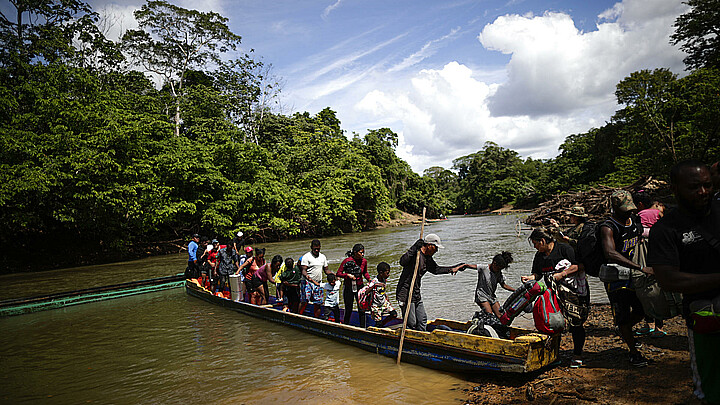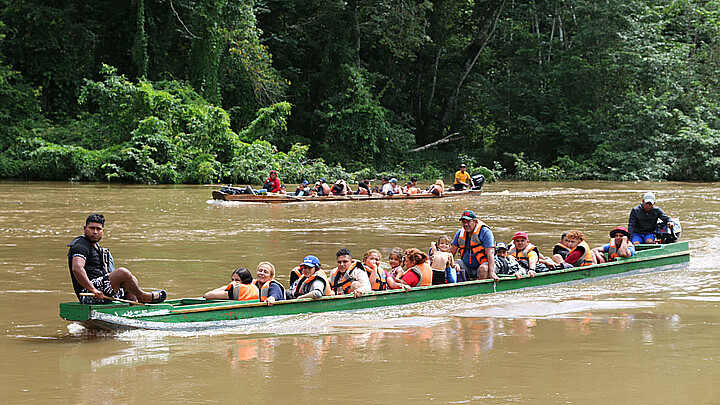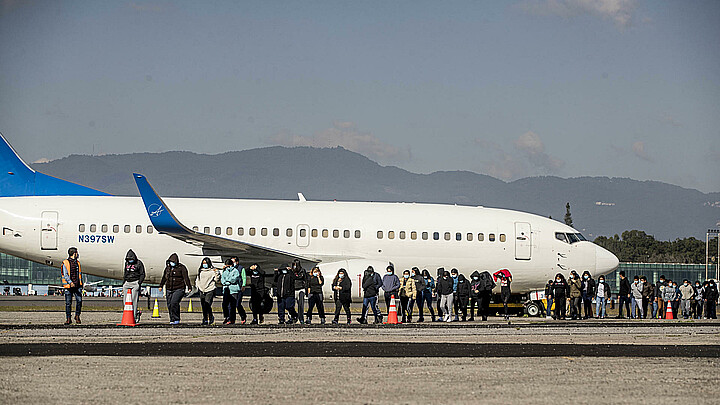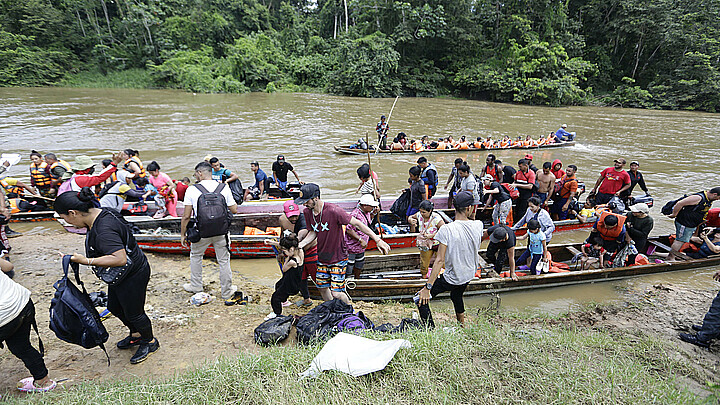Immigration
Many Latin American travelers unable to enter the US under new vaccine policy
Millions of Latin Americans who do not have WHO-approved vaccines will not be able to travel.
November 12, 2021 5:43pm
Updated: November 12, 2021 10:36pm
The United States might have lifted travel restrictions, but it has left millions of Latin Americans unable to enter the country because of the new travel policy.
The US recently eased restrictions for those who are fully vaccinated with shots approved by the World Health Organization (WHO). There are eight vaccines that have been approved by the US and the WHO, including Moderna, Pfizer, Johnson & Johnson, AstraZeneca and Sinovac.
However, many Latin American countries received vaccines that are not approved by the WHO, such as Russia’s Sputnik V or China’s CanSino. Most of these vaccines were as part of relief programs while they waited to acquire vaccines that are approved in the US.
Over 40 million doses of Sputnik have been used in Peru, and more than 20 million in Argentina. Similarly, millions of Mexicans, Guatemalans, Hondurans, Panamanians and Nicaraguans have received Sputnik V, which has been reported to be 91.6% effective.
With more than 26.5 million doses administered, Cuba is the Latin American country with the highest vaccination rate. However, their self-made vaccines are also not approved by WHO.
The shift in policy has left many Latin Americans unable to enter the United States and in the dark about when they will be able to enter the US again.
“I am sad and bothered by this decision,” said a Guatemalan who received the Sputnik Vaccine. “It was the first vaccine to arrive in Guatemala, and the government encouraged us to take it.”
The Pan American Health Organization (PAHO) said restricting travel over vaccine types can be a form of discrimination and a way to facilitate business.
The shift in travel requirements comes right before the holiday season, leaving many without being able to see their loved ones.










